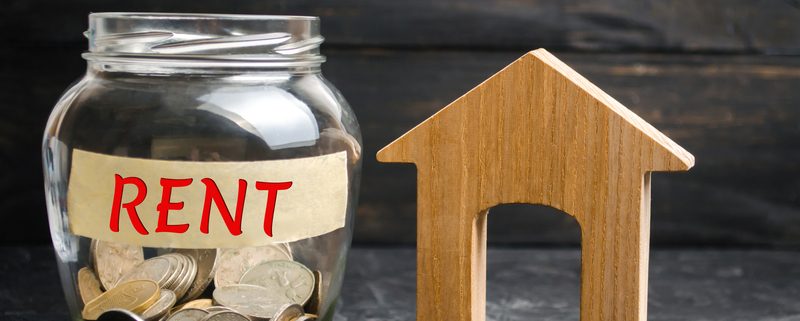Who Collects Rent in a Self-Directed Real Estate IRA?
In a Self-Directed Real Estate IRA, you use an IRA to invest in a nontraditional retirement investment—in this case, real estate. That much is easy to digest. But when you start getting into the nitty-gritty of how a tax-protected account with real estate in it will actually work, the picture gets a bit hazier. Can you live in the home you purchase with a retirement account? How is appreciation handled? And who collects the checks?
In this article, we will focus on one of the top questions many Self-Directed Real Estate IRA investors have: how to handle incoming cash flow in a Real Estate IRA. In other words: who does the actual collecting of the rent checks?
The Key Issue When Using a Self-Directed Real Estate IRA
One of the key things to look out for when you are using a Self-Directed Real Estate IRA is that you need to keep investments separate from your personal life. This single rule of thumb will help you avoid a number of prohibited transactions. For example, you will be expected not to allow a family member like a spouse or a brother/sister to live in an investment that you have made through a Real Estate IRA.
One such way to ensure that your Self-Directed Real Estate IRA is kept separate from your personal life is that you work through a property manager—in fact, this is the way you will be expected to manage a property when it’s held within a Real Estate IRA. You will not be hands-on.
It’s also important that the property manager not be someone with whom you are closely related. Essentially, you will have to view any property you hold within a Self-Directed Real Estate IRA for the purposes of investing as just that: an investment. It’s not going to be your home, but an investment property. It’s not going to be something you can involve your family in, but simply an investment within an account you hold.
The Tax Benefits of Collecting Rent Within a Self-Directed Real Estate IRA
So far, it might seem like a Self-Directed Real Estate IRA is prohibitively inflexible. The truth is that it’s not. Here are a few things you will need to know about collecting rent within a Real Estate IRA:
- Property flipping is well-suited to a Self-Directed IRA. With property flippers—those who know a lot about real estate—the ability to protect their profits could result in tremendous savings. It also helps them to put their investment knowledge to use for the purposes of saving for retirement.
- If your goal is write-offs, consider keeping real estate investments from your IRA. You can always use a Self-Directed IRA for other non-traditional retirement investments, especially if you are looking for tax write-offs. Since the tax protections of real estate would fall within the IRA, you would not then be writing off those items on your yearly taxes.
- Keep the age requirements in mind. For example, if you are 70 ½, you will have to begin taking required minimum distributions (RMDs) from a traditional IRA. This is not necessarily prohibitive for anyone thinking about long-term investing, especially at a young age, but it’s certainly worth thinking about for older investors who are thinking about investing through their Self-Directed IRA.
In all, using a Self-Directed Real Estate IRA can afford you tremendous value if you work with a lot of real estate investment property and have experience with it. Just make sure that you know the rules—such as who will be collecting the rent checks—before you get started. Interested in learning more about Self-Directed IRAs? Contact American IRA, LLC at 866-7500-IRA (472) for a free consultation. Download our free guides or visit us online at www.AmericanIRA.com.









